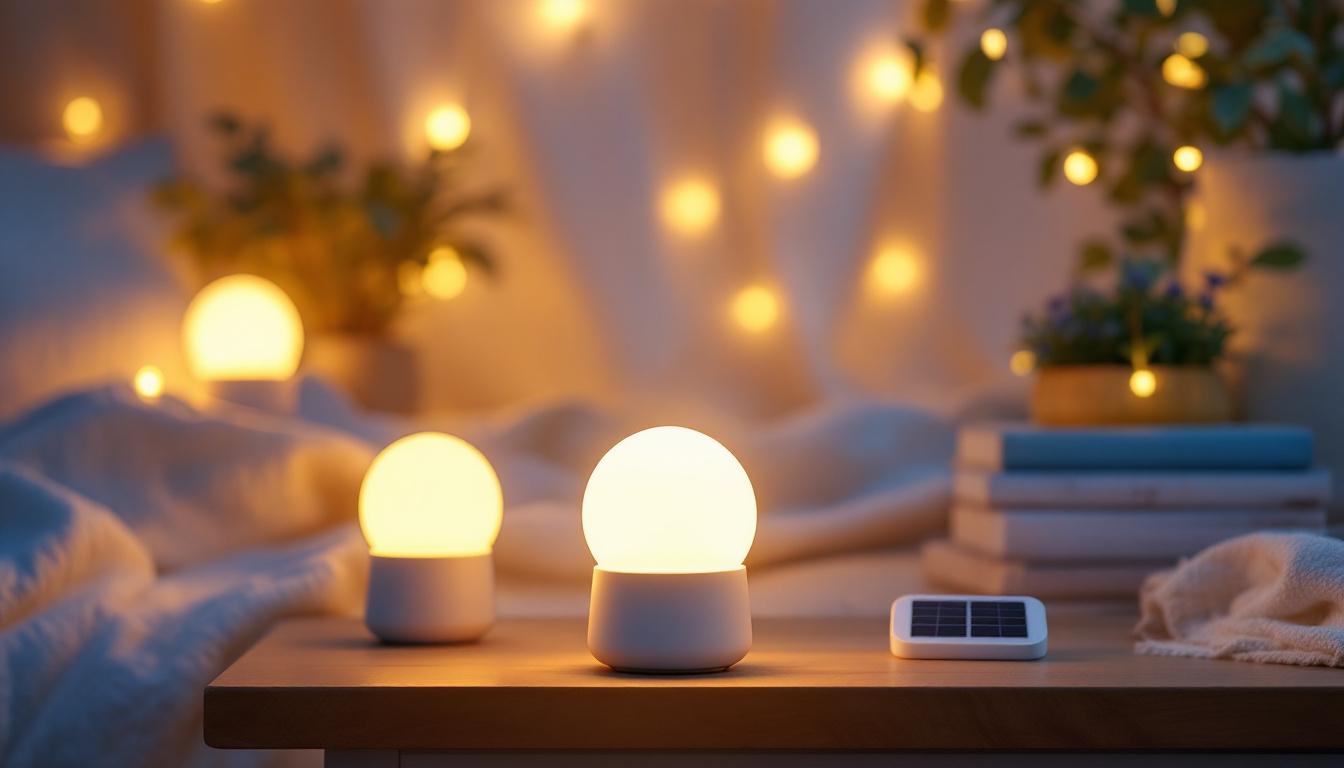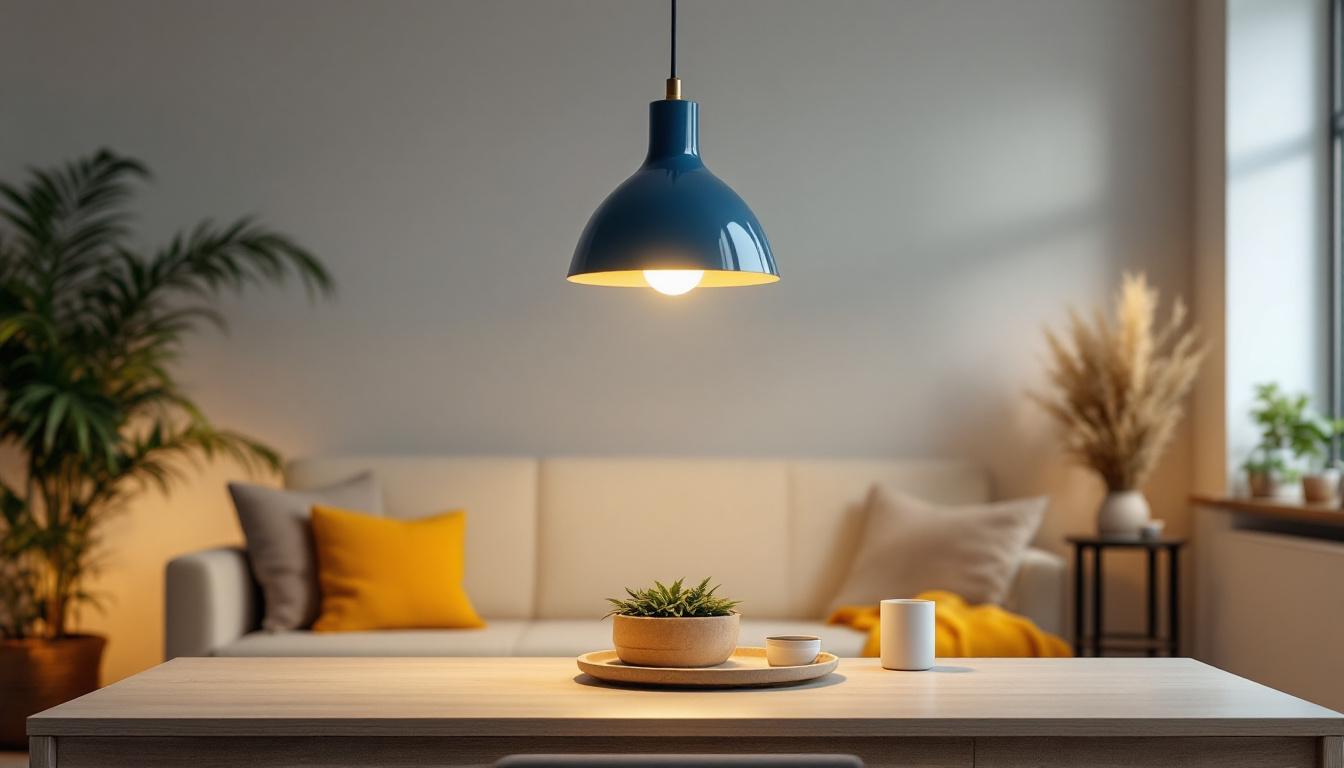
As the demand for sustainable and energy-efficient solutions continues to rise, solar-powered night lights have emerged as a popular choice for both residential and commercial applications. For lighting contractors, understanding the intricacies of these innovative lighting solutions is essential. This article delves into the benefits, installation considerations, and market trends surrounding solar-powered night lights, providing valuable insights for lighting professionals.
Solar-powered night lights are designed to harness sunlight during the day and convert it into energy for illumination at night. These lights typically consist of solar panels, LED bulbs, and rechargeable batteries. As a contractor, grasping the fundamental components and workings of these systems is crucial for effective installation and client education.
At the core of solar-powered night lights are three primary components: the solar panel, the LED light source, and the rechargeable battery. The solar panel collects sunlight and converts it into electricity, which is stored in the battery. When the sun sets, the stored energy powers the LED light, providing illumination.
LEDs are favored for their energy efficiency and longevity, making them an ideal choice for solar applications. Additionally, many solar night lights come equipped with sensors that automatically turn the lights on at dusk and off at dawn, enhancing convenience and energy savings. Some advanced models even feature motion sensors that activate the lights only when movement is detected, further optimizing energy use and providing an added layer of security for homeowners.
There are various types of solar-powered night lights available, catering to different needs and preferences. Some common types include wall-mounted lights, stake lights for gardens, and portable lanterns. Understanding the specific applications for each type can help contractors recommend the best solutions for their clients.
For instance, wall-mounted lights are often used for security purposes, illuminating entryways and pathways. In contrast, garden stake lights can enhance outdoor aesthetics while providing safety in dark areas. Portable lanterns offer versatility, making them suitable for camping or outdoor events. Furthermore, some solar night lights are designed with decorative features, such as colored LED options or artistic designs, allowing homeowners to add a personal touch to their outdoor spaces while still benefiting from the practicality of solar power.
Another interesting category includes solar-powered path lights, which are specifically designed to line walkways and driveways. These lights not only improve visibility but also create a welcoming ambiance for guests. Some models even come with adjustable brightness settings, enabling users to customize the light output based on their preferences or the specific occasion. As the technology continues to evolve, we can expect to see even more innovative designs and functionalities that cater to the growing demand for sustainable outdoor lighting solutions.
Solar-powered night lights offer numerous advantages that make them an attractive option for both contractors and clients. These benefits extend beyond mere energy savings, encompassing environmental, aesthetic, and practical aspects.
One of the most significant advantages of solar-powered night lights is their energy efficiency. By utilizing sunlight as their primary energy source, these lights help reduce electricity bills and reliance on the grid. This is particularly appealing for clients looking to lower their energy costs.
Moreover, the initial investment in solar technology can be offset by long-term savings. With no need for wiring or extensive installation, solar lights can significantly reduce labor costs. Additionally, the low maintenance requirements further enhance their cost-effectiveness, making them a wise choice for contractors and clients alike. Many models are equipped with motion sensors, which not only conserve energy but also provide added security by illuminating pathways or entryways when movement is detected. This feature can be especially beneficial in residential areas, where safety is a top priority for homeowners.
In an era where sustainability is paramount, solar-powered night lights contribute to reducing carbon footprints. By harnessing renewable energy, these lights help decrease greenhouse gas emissions associated with traditional lighting solutions. This aligns with the growing trend among consumers to seek eco-friendly products.
Contractors can position themselves as environmentally conscious professionals by promoting solar-powered solutions, appealing to clients who prioritize sustainability in their purchasing decisions. Furthermore, the use of solar lights can encourage biodiversity in outdoor spaces. By minimizing light pollution, these lights allow nocturnal wildlife to thrive, creating a more balanced ecosystem. This aspect not only enhances the natural beauty of a property but also fosters an appreciation for the environment among homeowners and their families. As communities become more aware of their ecological impact, the demand for such sustainable lighting solutions is likely to increase, making solar-powered night lights a forward-thinking choice for any project.
While solar-powered night lights offer numerous benefits, proper installation is crucial to ensure optimal performance. Contractors must consider various factors during the installation process to maximize the effectiveness of these lighting solutions.
Before installation, conducting a thorough site assessment is essential. This involves evaluating the location for adequate sunlight exposure, which is critical for the solar panel’s efficiency. Areas with significant shade from trees, buildings, or other structures may hinder the performance of solar lights.
Additionally, contractors should consider the intended use of the lights. For example, lights installed for security purposes may require strategic placement to ensure adequate coverage and visibility. It’s also important to think about the aesthetic aspect; the lights should complement the landscape design while fulfilling their functional role. By taking the time to assess the site thoroughly, contractors can recommend the best types of solar lights that align with both practical needs and visual appeal.
Understanding the battery capacity and charging time is vital for ensuring that solar-powered night lights function effectively. Different models may have varying battery sizes, which can influence how long the lights will operate after sunset.
Contractors should educate clients on the importance of proper placement to maximize charging time. For instance, lights positioned in direct sunlight will charge more efficiently than those in shaded areas. This knowledge can help clients set realistic expectations regarding the performance of their solar lights. Furthermore, it’s worth noting that seasonal changes can affect sunlight availability; thus, contractors may want to discuss how the performance of solar lights might vary throughout the year, particularly in regions that experience long winters or heavy cloud cover. Understanding these dynamics can lead to more informed decisions about the placement and selection of solar lighting solutions.
As the popularity of solar-powered night lights continues to grow, staying informed about market trends and consumer preferences is essential for lighting contractors. Understanding what clients are looking for can help tailor offerings and enhance customer satisfaction.
With the rise of smart home technology, many consumers are seeking solar-powered night lights that can integrate with their existing smart systems. Features such as remote control, app connectivity, and programmable settings are becoming increasingly desirable.
Contractors should explore options that offer smart technology features, as this can set them apart in a competitive market. Providing clients with the ability to control their lighting remotely or customize settings can enhance their overall experience and satisfaction.
In addition to functionality, design and aesthetics play a significant role in consumer decision-making. Solar-powered night lights come in various styles, from sleek modern designs to more traditional looks. Understanding the aesthetic preferences of clients can help contractors recommend products that align with their overall vision for their space.
Contractors should also be aware of the growing trend of decorative solar lights, which not only provide illumination but also serve as eye-catching garden features. By offering a range of design options, contractors can cater to diverse client tastes and preferences.
While solar-powered night lights present numerous advantages, they are not without challenges. Contractors must be prepared to address potential issues that may arise during installation or usage.
One common concern with solar-powered lights is their performance in low light conditions, particularly during cloudy days or winter months when sunlight is limited. Contractors should inform clients about these limitations and recommend models with higher battery capacities or advanced solar technology that can improve performance in less-than-ideal conditions.
Additionally, educating clients on the importance of regular maintenance, such as cleaning the solar panels, can help ensure optimal performance throughout the year.
While solar-powered night lights can lead to long-term savings, the initial investment may deter some clients. Contractors should be prepared to educate potential customers about the cost-benefit analysis of solar lighting solutions.
Providing detailed information about energy savings, reduced maintenance costs, and environmental benefits can help clients see the value in making the switch to solar-powered options. Offering financing solutions or incentives can also make the transition more appealing.
Solar-powered night lights represent a significant advancement in energy-efficient lighting solutions, offering numerous benefits for both contractors and clients. By understanding the components, advantages, and installation considerations of these systems, lighting contractors can position themselves as knowledgeable professionals in the field.
As the market continues to evolve, staying informed about trends and consumer preferences will be essential for maintaining a competitive edge. By addressing challenges and educating clients about the benefits of solar-powered night lights, contractors can foster lasting relationships and contribute to a more sustainable future.
Ready to elevate your lighting solutions with the latest in solar-powered night lights? At LumenWholesale, we provide lighting contractors like you with the highest quality, spec-grade lighting products at unbeatable wholesale prices. Say goodbye to local distributor markups and hello to superior lighting that meets the highest industry standards. Our extensive selection ensures you have access to reliable, high-performance lighting for every project. Plus, with free shipping on bulk orders, you can enjoy premium lighting at the best value — without hidden fees or compromises. Don’t miss out on the perfect blend of quality, affordability, and convenience. Visit LumenWholesale today for Wholesale Lighting at the Best Value, and start transforming your lighting projects now.

Discover essential information about 4-inch recessed light housing tailored for lighting contractors.

Discover the essential insights lighting contractors need to know about the Maxim 7.5 LED Flush Mount.

Discover how the Outdoor Solar Store is revolutionizing efficiency for lighting contractors.

Discover how the 24 Pendant Light can transform your lighting projects and help you secure more contracts.